We were lucky to catch up with Rex Darnell recently and have shared our conversation below.
Rex, appreciate you joining us today. How did you learn to do what you do? Knowing what you know now, what could you have done to speed up your learning process? What skills do you think were most essential? What obstacles stood in the way of learning more?
As a kid growing up, I gradually figured out how to be a composer by improvising at the piano. When I was a toddler, I was totally fascinated by how big the piano was and how it sounded, so I’d frequently wander over to it and start hitting random keys. We had this really old piano with chipped ivory keys, so I’d keep track of my favorite keys based on their chip marks.
One day when I was about three, I got home from preschool and started hitting the same low-C key over and over again. Don’t remember why, maybe I was just tired. But suddenly it dawned on me that I was playing a simple bass-line with my left hand! On top of that, I realized that literally anything I played with my right hand sounded better when paired with that bass-line. I was totally excited, naming the sound I had just discovered “Purple Monster”. Shortly after that, my parents signed me up for piano lessons which I stuck with through college.
That said, I hit a bit of a snag when I started learning how to play harder songs. I was not expecting them to be so difficult! Before this, which would have been around 6th grade, I’d typically learn a new song every lesson, which was a lot of fun. My teacher would usually assign a short song solely designed to teach one technique. But after covering all the basics, I began learning longer songs which required far more practice. I’m indebted to my parents and piano teacher, who didn’t let me quit for that year. By the end of the year, I began to learn how to enjoy practice, which was absolutely essential for loving music thereafter.
I think that finding joy in practice is the most important part of being a professional artist. When I speak with other artists, all with vastly different stories and crafts, they share a love of practice, or at least a deference to it. I learned how to enjoy practice by pushing through two extremely difficult piano pieces. The first was a relatively unknown suite of old American folk tunes composed by Dave Brubeck, titled “They All Sang Yankee Doodle”, and the other was Edvard Grieg’s famous “Piano Concerto in A minor”. I remember feeling totally overwhelmed and uncomfortable, but my teacher sat with me and walked me through the painful multi-month practice process. And then a few short months later, I was playing my first piano concerto, which felt great! The light at the end of the tunnel is hard to see when you’ve never reached it before. I definitely needed a nudge to reach it for the first few times. But after that, I had a sense of the process, and I knew it was possible. That’s when the fun began, and so playing the piano naturally led to more improvisation and more composition.
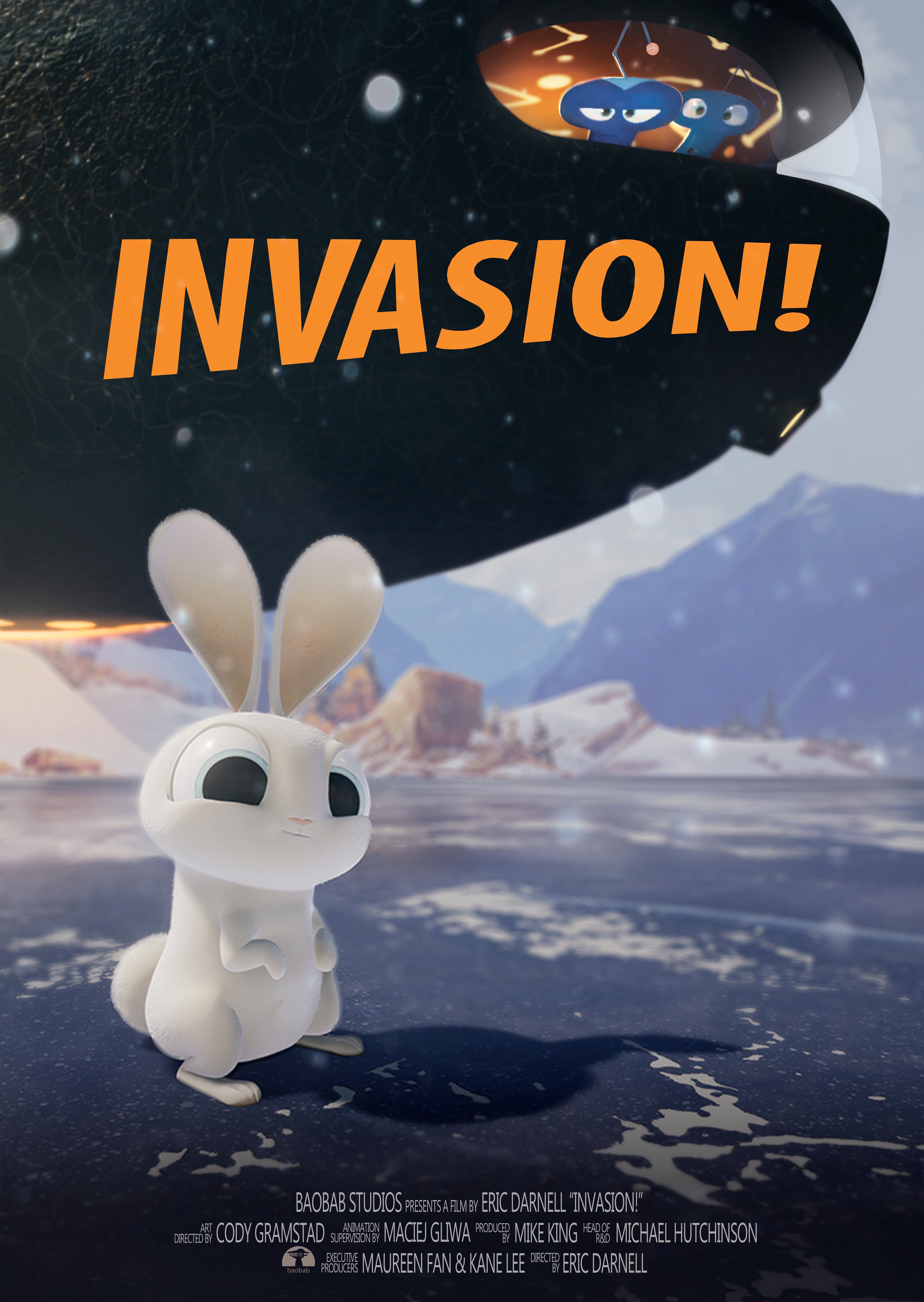
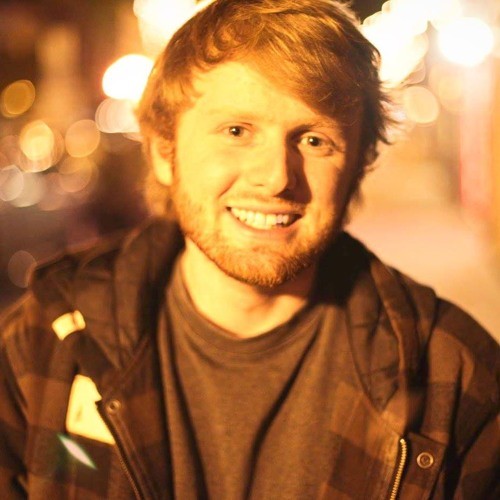
Rex, love having you share your insights with us. Before we ask you more questions, maybe you can take a moment to introduce yourself to our readers who might have missed our earlier conversations?
I’m a composer for film and video games, always adapting my style to serve the director’s vision. I especially enjoy collaborating with other visual and sound-effects artists to create synergy between my music and their work.
From a stylistic standpoint, I am most passionate about crafting unconventional orchestral textures and dramatic harmonies that evoke a sense of possibility and wonder. While my instrumentations are project-specific, I often include lush, intricate piano parts. I’m most heavily inspired by composers Frédéric Chopin, Claude Debussy, Bill Evans, J.S. Bach, Chick Corea, and John Coltrane.
I started off with an internship at Hans Zimmer’s studio, leaving to co-compose my first feature film with Kyle Mullarky, titled “Lacrimosa”, directed by Austin Chapman. I then composed the interactive soundtrack for Baobab Studios’ first five interactive VR pieces, receiving two Daytime Emmy Awards and one Golden Reel Award for my work on, “Invasion!”, “Crow: The Legend”, and “Baba Yaga”. While scoring “Crow: The Legend”, I worked with John Legend, orchestrating his original song “When You Can Fly”. Most recently, I worked on solo piano music for the second season of “While Lotus”, as well as the orchestral soundtrack for Baobab’s critically acclaimed game, “Galactic Catch”, a VR fishing adventure for the Oculus Quest 2.
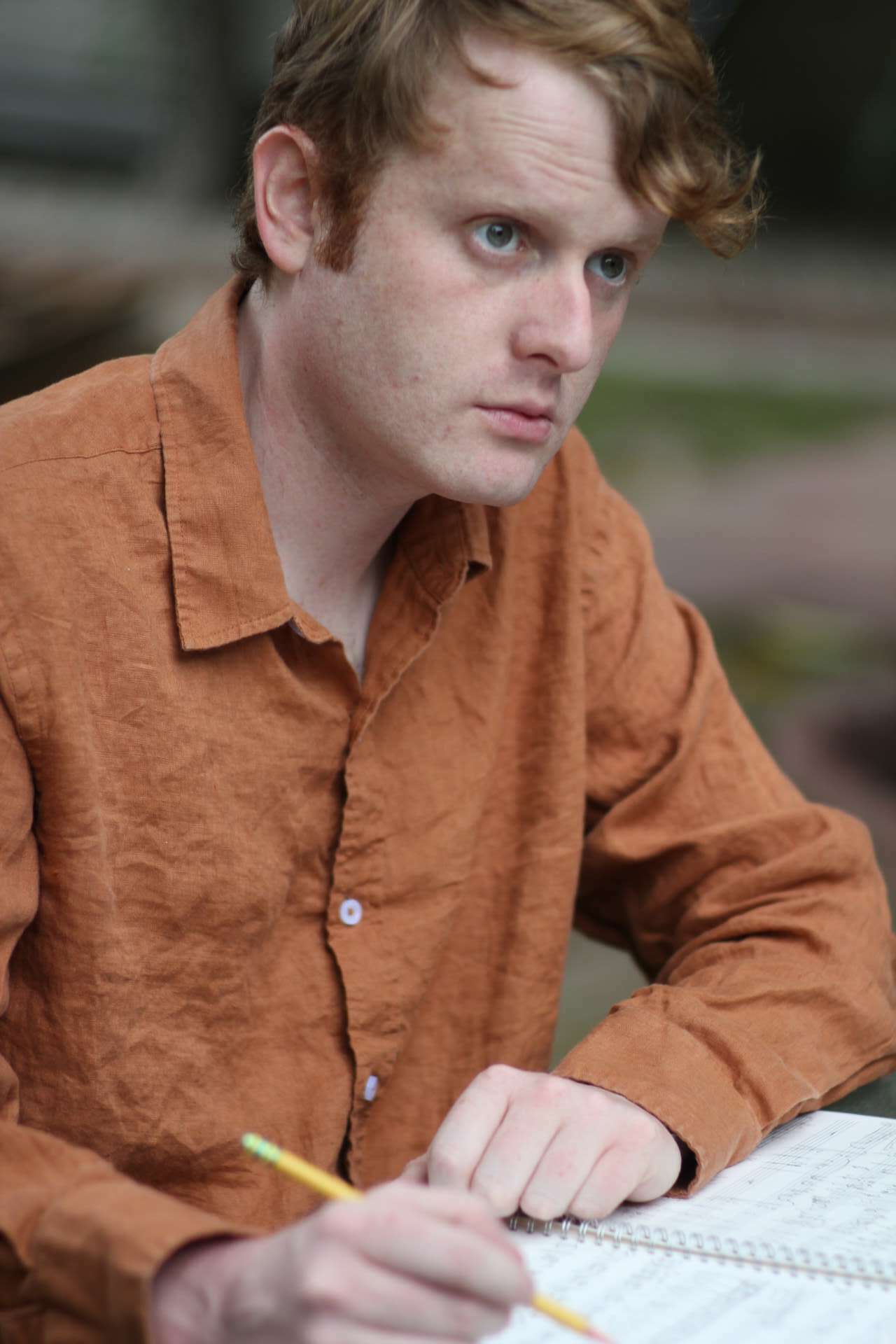
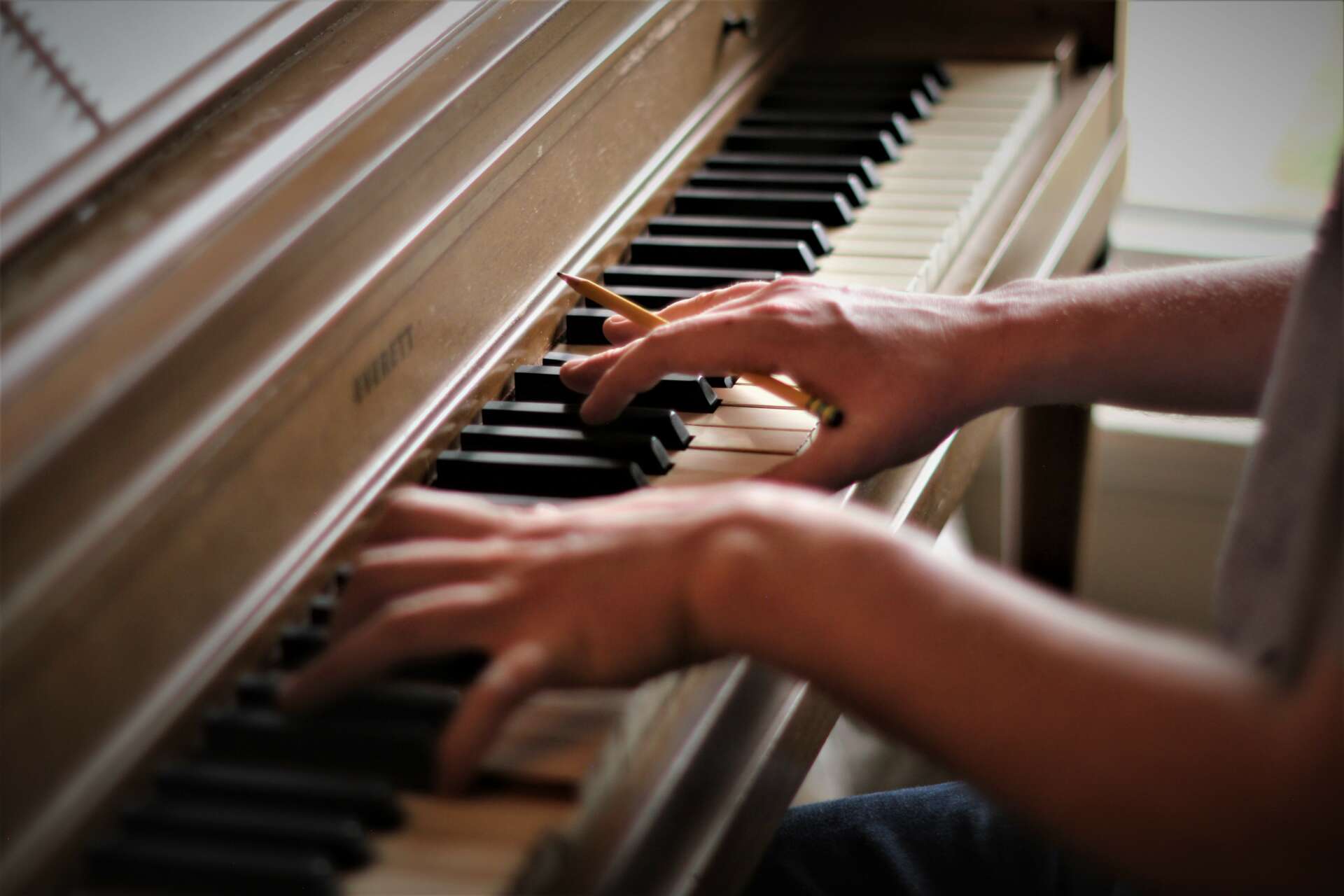
What’s the most rewarding aspect of being a creative in your experience?
As an artist, nothing beats knowing that your art has had a positive impact on somebody’s day, even when that impact is fleeting. Music is just fleeting sound with patterns, after all, but since that sound has the power to make things more positive, why not create it? Of course, ‘positive’ is a vague descriptor in this case, since sometimes dark music can feel best on a given day, or at a certain point in a movie. But that’s just part of the balance of music, and sharing that balance with others is what makes music worthwhile.
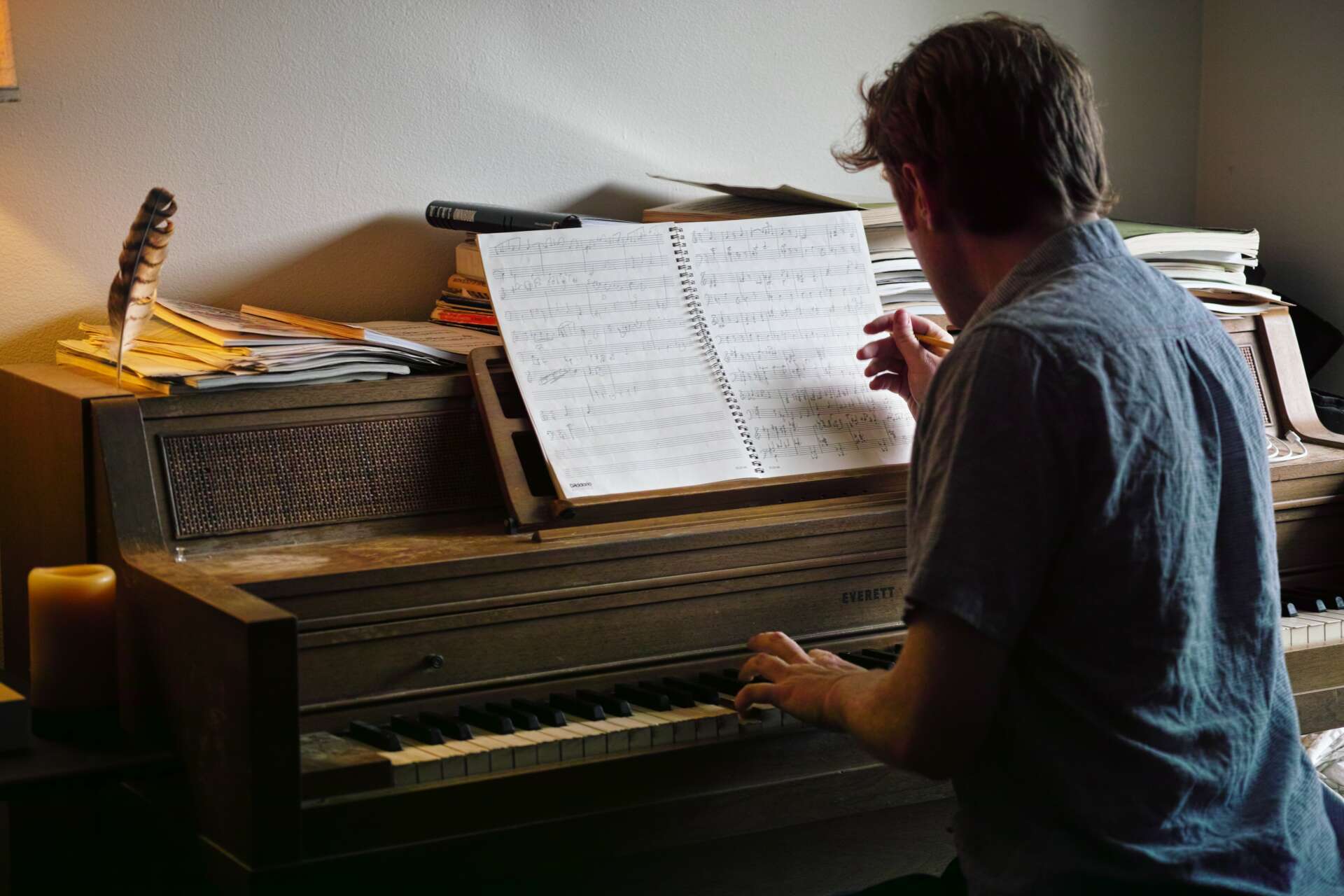
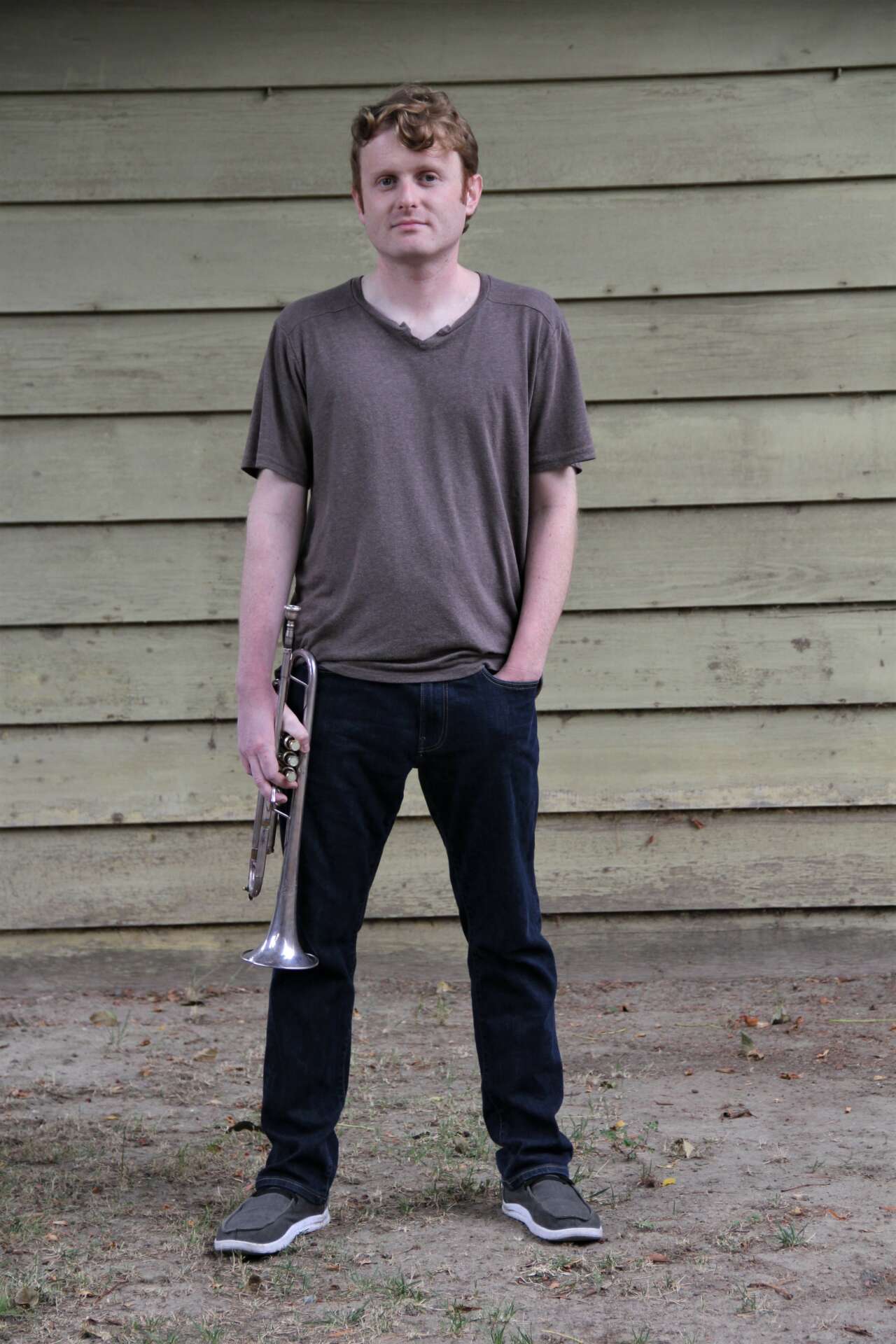
Any resources you can share with us that might be helpful to other creatives?
I didn’t learn how to use digital audio software until I became a professional. Not learning ahead of time was a minor setback in the grand scheme of things, but my first gigs would have gone so much smoother if I had learned how! The industry had recently gone through a technological transition, with the majority of composers moving away from pen-and-paper composition and into digital composition. I’m glad I learned the pen-and-paper way first, but balance between the two is key.
If you’ve ever tried to make music sound good in software, you’ve probably run into some glitches that really get in the way. It takes time to learn the solutions, most of which depend on programming skills rather than music skills. That said, more people than ever before are writing their first songs on their computers, which means that they’re learning by osmosis how to handle the challenges of computer mixing right from the get-go.
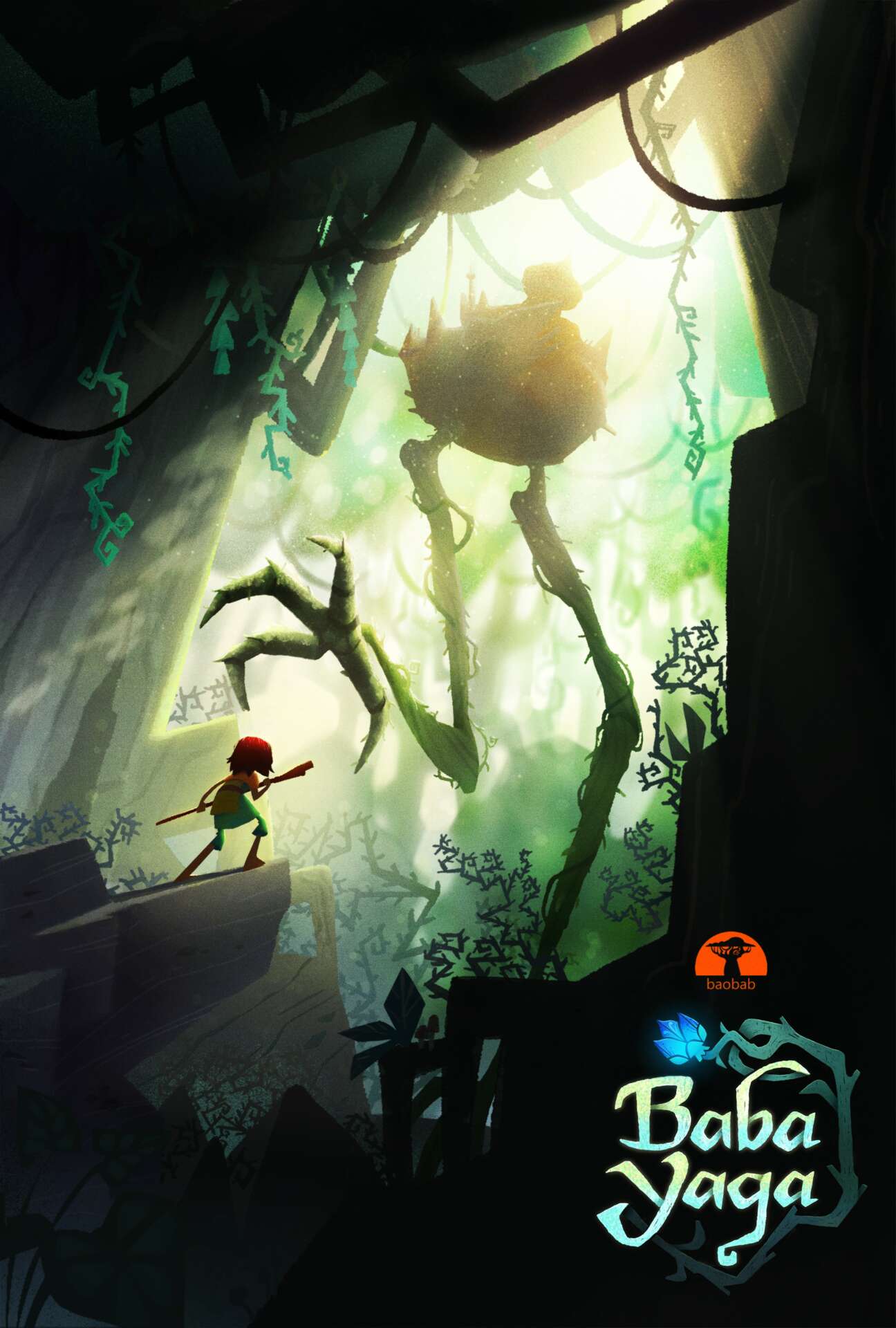
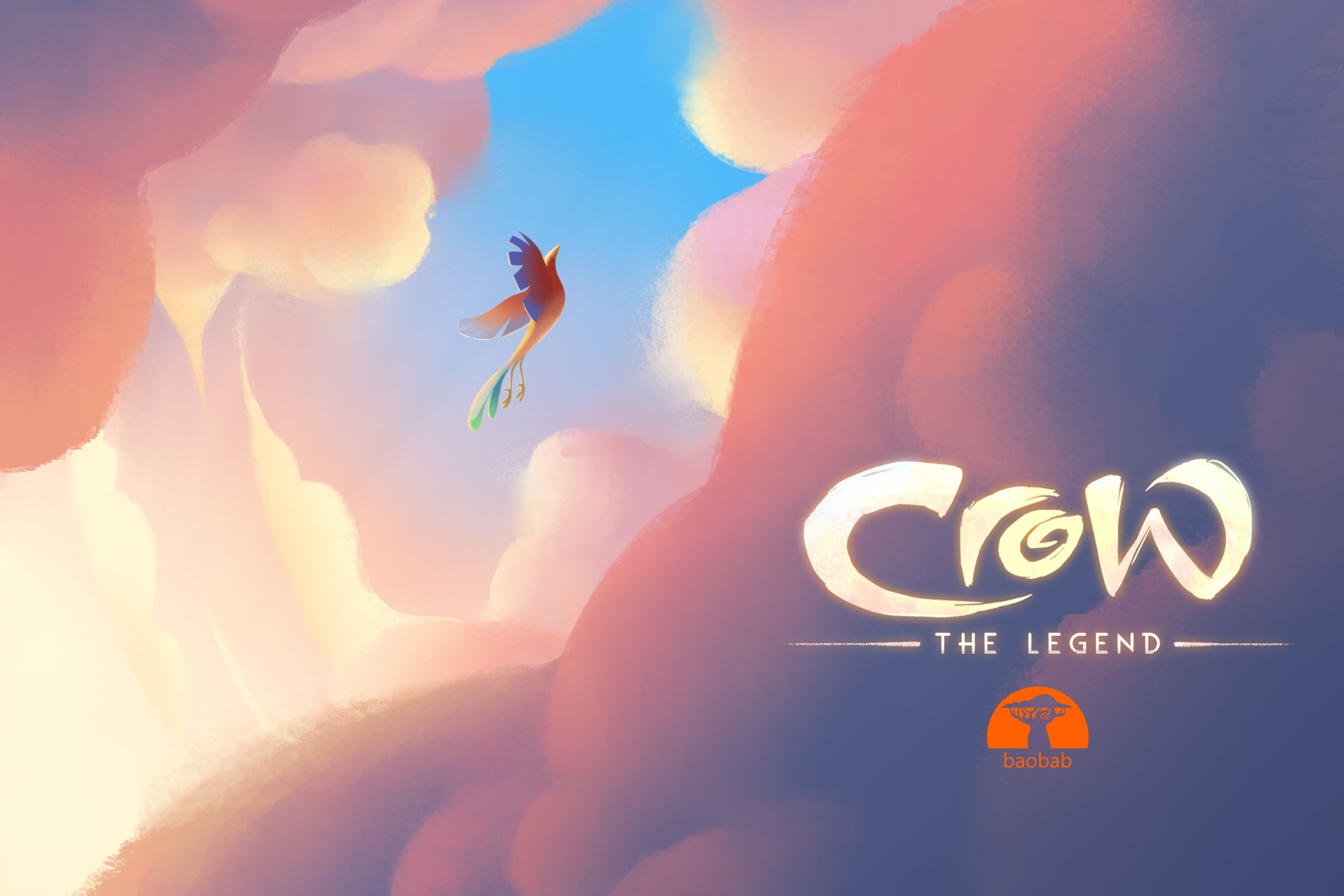
Contact Info:
- Website: https://www.rexwdarnell.com/
- Linkedin: https://www.linkedin.com/in/rex-darnell-5b5649139/
Image Credits
Baobab Studios Art Dept. (for film posters)


